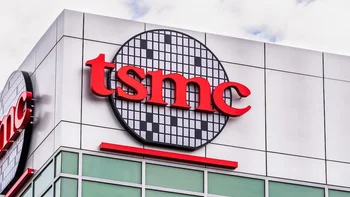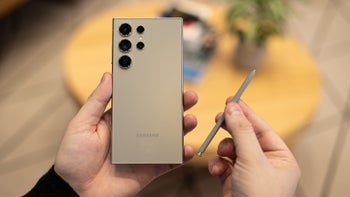Taiwan tensions raise question marks over chip supply stability

With Speaker of the House Nancy Pelosi arriving in Taiwan today, tensions between the U.S., China, and Taiwan are high. This could be scary for customers of the world's largest independent chip foundry, Taiwan Semiconductor Manufacturing Company (TSMC). Tech firms that depend on TSMC to manufacture chips based on the designs they submit to the company include Apple, Qualcomm, Mediatek, Nvidia, Intel, AMD and more.
The world's reliance on TSMC could backfire if China becomes aggressive and threatens Taiwan
In June of last year, we wrote a piece on why the world's reliance on TSMC could lead to a disaster. And now TSMC Chairman Mark Liu has expressed his concerns. According to Focus Taiwan, the executive said that in the event that the Chinese invade Taiwan, TSMC's fabs would be "non-operable." At the same time, such a move would lead to "great economic turmoil" in the region.
Taiwan, tech, and the threat of Chinese attack: Part 1 of my conversation with TSMC Chairman Mark Liu, from today's GPS pic.twitter.com/xTGR1ovEoC
— Fareed Zakaria (@FareedZakaria) July 31, 2022
Liu says that what he means is that the complexity of the processes used by TSMC to build chips requires cooperation from its customers and suppliers. If a battle should erupt, this communication could be blocked leaving TSMC without the ability to produce chips. China does account for 10% of TSMC's revenue leading Liu to state "if they need us, it's not a bad thing."
Liu said that a battle involving China and Taiwan wouldn't have any winners and would be over more than just semiconductors. It could result, he said, in the "destruction of the world's rules-based order" and would "totally change" the politics of the region. Not that it might stop China from trying to take control of TSMC, the latter's chairman said that any military action in the area would "create great economic turmoil on [both] sides."
The executive notes that in the event TSMC has to stop production, many nations, including China, would find that "suddenly their most advanced components" would be unavailable. TSMC is the 10th most valuable company in the world based on market cap (stock price multiplied by shares outstanding). TSMC's shares trading in New York dropped as low as $84.17 before rebounding to close the regular trading session at $86.05.
Pelosi's visit to Taiwan made her the highest-ranking U.S. official to visit since 1997
Pelosi's visit to Taiwan today made her the highest-ranking U.S. official to visit Taiwan since 1997. The Chinese Foreign Ministry says that the visit "seriously undermines China’s sovereignty and territorial integrity." For years the U.S. recognized Taiwan (aka the Republic of China) as the government of China until January 1979 when the U.S. (under the Carter administration) recognized the People's Republic of China as the one legitimate China.
TSMC and Samsung Foundry are the two foundries currently producing chipsets using advanced process nodes in the 3nm-5nm range. The lower the process node number used to produce a chip, the larger that chip's transistor count is. The more transistors powering a chip, the more powerful and energy-efficient that chip is. Samsung has started shipping 3nm chips for cryptocurrency miners and TSMC will begin shipping 3nm integrated circuits later this year.
China has been looking to become self-sufficient in the semiconductor industry and recently its largest foundry, SMIC, raised eyebrows by producing basic 7nm chips for cryptocurrency miners. Previously, SMIC was limited to using its 14nm process node.
The U.S. has placed restrictions preventing SMIC from obtaining new extreme ultraviolet (EUV) lithography machines from Dutch firm ASML. These $200 million machines help etch circuitry patterns on wafers that are used to place the transistors on a chip. Because billions of transistors can be found inside one chip, these patterns are much thinner than the width of a human hair.










Things that are NOT allowed: